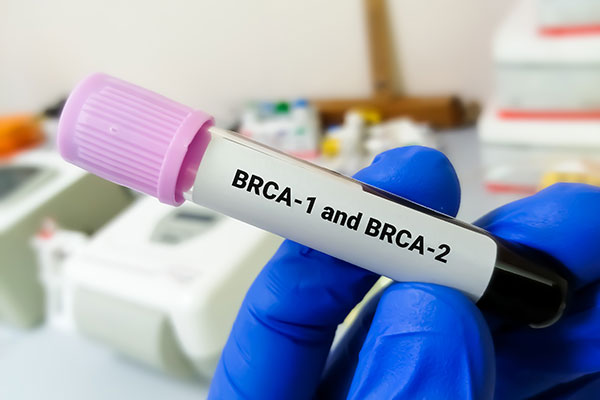Understanding the BRCA Gene and What It Means for Breast Cancer

Breast cancer deserves to be taken seriously, regardless of whether or not you’ve been diagnosed. According to the World Health Organization (WHO), breast cancer is the most common cancer among women worldwide. It is the leading cause of cancer death among women globally, accounting for 6.9% of all cancer deaths. Fortunately, early detection through mammography and other screening methods can significantly increase the chances of successful treatment and survival.
At North Pointe OB/GYN in Cumming, we recognize the importance of breast cancer detection and prevention. In doing so, our physicians also realize the value of identifying a woman’s risk for breast cancer by testing for certain genetic gene mutations.
A family history of breast cancer and certain genetic mutations (such as BRCA1 and BRCA2) can increase a woman’s risk of developing breast cancer. Here is a closer look at the BRCA gene and what it can mean if you test positive.
What are BRCA Gene Variants?
BRCA1 and BRCA2 are genes that produce proteins that help to suppress the growth of tumors. When there are changes or mutations in these genes, they can increase the risk of developing certain cancers, particularly breast and ovarian cancers.
BRCA gene variants are changes or mutations in the BRCA1 or BRCA2 genes that are associated with an increased risk of breast, ovarian, and other types of cancers. There are many different types of BRCA gene variants, some of which are classified as “pathogenic” or “likely pathogenic,” meaning they are more strongly associated with cancer risk.
Having a BRCA gene variant does not mean that you will definitely develop cancer, but it does increase the risk. Women with BRCA gene variants have a higher lifetime risk of developing breast and ovarian cancers compared to the general population.
At North Pointe OB/GYN, we recommend genetic testing to determine if a patient has a BRCA gene variant. This information can help guide medical management and screening recommendations, as well as inform decisions about risk-reducing surgeries or other preventive measures.
The Benefits of BRCA Gene Testing
Genetic testing and counseling for BRCA gene mutations and breast cancer can have many benefits, including:
- Early detection: Knowing if you have a BRCA gene mutation can help you and your healthcare provider take steps to detect breast cancer earlier. This can improve your chances of successful treatment and survival.
- Prevention: If you are found to have a BRCA gene mutation, you may be able to take steps to reduce your risk of developing breast cancer, such as undergoing risk-reducing surgery or increased surveillance.
- Personalized treatment: If you are diagnosed with breast cancer and have a BRCA gene mutation, this information can help guide your treatment plan, as certain treatments may be more effective for BRCA-positive breast cancers.
- Family planning: If you have a BRCA gene mutation, your family members may also be at increased risk of developing breast or ovarian cancer. Genetic testing can help them understand their risk and take steps to prevent or detect cancer earlier.
- Peace of mind: For some individuals, knowing whether they have a BRCA gene mutation can provide peace of mind and reduce anxiety about their risk of developing breast cancer.
At North Pointe OB/GYN, we can help our patients understand their test results, the potential implications for themselves and their family members, and their options for managing their breast cancer risk.
Schedule Your Breast Cancer Screening
Regardless of whether or not you have the BRCA gene mutation, breast cancer screenings are a critical part of our women’s health care strategy at North Pointe OB/GYN. We conduct breast exams at your annual gynecology visits and recommend mammograms on a routine basis as the best way to detect breast cancer early. To learn more about your breast cancer risk, please call one of our Cumming physicians today.


